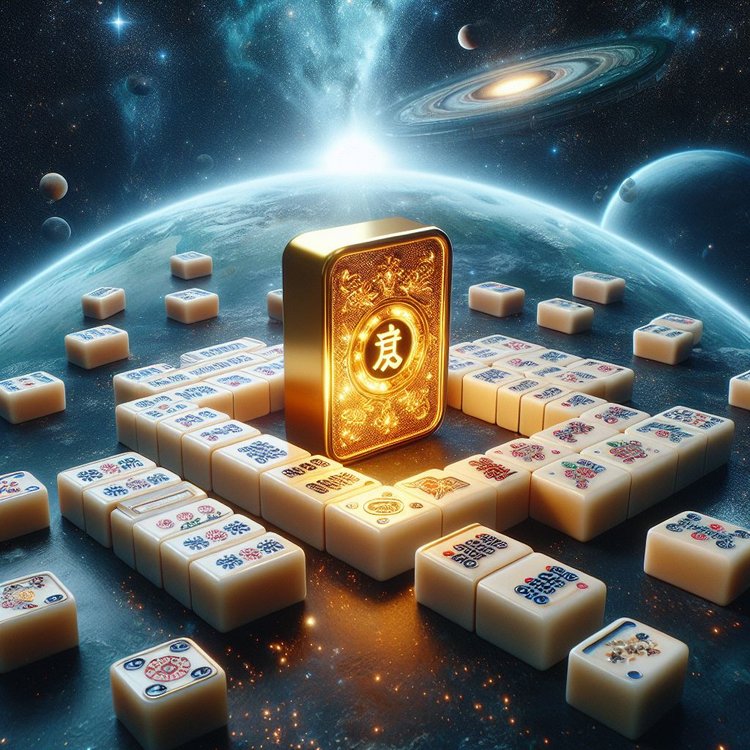In the past few decades, gaming has transformed from a niche hobby into a global phenomenon, shaping cultures, economies, and even the ways we communicate and interact with each other. From the early days of pixelated adventures to the immersive virtua l worlds Slot mahjong ways of today, the gaming industry has continuously pushed the boundaries of technology and storytelling. Let’s explore the fascinating evolution of gaming and its impact on society. 
The Birth of an Industry
Gaming as we know it today traces its roots back to the arcades and home consoles of the 1970s and 1980s. Games like Pac-Man, Space Invaders, and Super Mario Bros. captured the imaginations of millions, laying the foundation for an industry that would soon explode in popularity.
The introduction of personal computers in the 1980s brought about a new era of gaming, with titles like The Oregon Trail and SimCity paving the way for more complex simulations and strategy games. Meanwhile, the rise of home consoles like the Nintendo Entertainment System (NES) and the Sega Genesis brought gaming into the living rooms of families around the world, cementing its status as a mainstream form of entertainment.
The Rise of 3D Graphics and Online Gaming
The 1990s saw a major leap forward in gaming technology with the advent of 3D graphics. Games like Doom and Quake revolutionized the first-person shooter genre, while titles like Final Fantasy VII pushed the boundaries of storytelling and character development in video games.
At the same time, the internet was becoming more widely available, leading to the rise of online gaming. Multiplayer titles like Ultima Online and EverQuest allowed players to connect with others from around the world, paving the way for the massively multiplayer online role-playing games (MMORPGs) that would dominate the gaming landscape in the years to come.
The Era of Mobile Gaming and Indie Revolution
The 2000s saw the emergence of mobile gaming, thanks to the proliferation of smartphones and tablets. Games like Angry Birds and Candy Crush Saga became global sensations, appealing to casual gamers and introducing a whole new audience to the world of gaming.
Meanwhile, the rise of digital distribution platforms like Steam and the App Store made it easier than ever for independent developers to create and distribute their games. This led to an explosion of creativity and innovation in the industry, with indie titles like Braid, Limbo, and Minecraft captivating players with their unique art styles and gameplay mechanics.
The Age of Virtual Reality and Esports
In recent years, virtual reality (VR) technology has become increasingly accessible, allowing players to immerse themselves in virtual worlds like never before. Games like Beat Saber, Half-Life: Alyx, and Tetris Effect have showcased the potential of VR gaming, blurring the lines between reality and fiction.
At the same time, esports has emerged as a major force in the gaming industry, with professional players competing for millions of dollars in prize money in games like League of Legends, Overwatch, and Fortnite. Esports events now rival traditional sports in terms of viewership and attendance, demonstrating the growing influence of gaming in mainstream culture.
Looking to the Future
As we look ahead, it’s clear that gaming will continue to evolve and innovate, driven by advances in technology and changing consumer preferences. From the rise of cloud gaming and augmented reality to the potential for gaming to be used for education and healthcare, the possibilities are endless.
But no matter how much technology advances, one thing will always remain constant: the power of gaming to bring people together, inspire creativity, and create unforgettable experiences. Whether you’re a casual player or a hardcore enthusiast, the world of gaming has something to offer everyone, and the journey is just beginning.